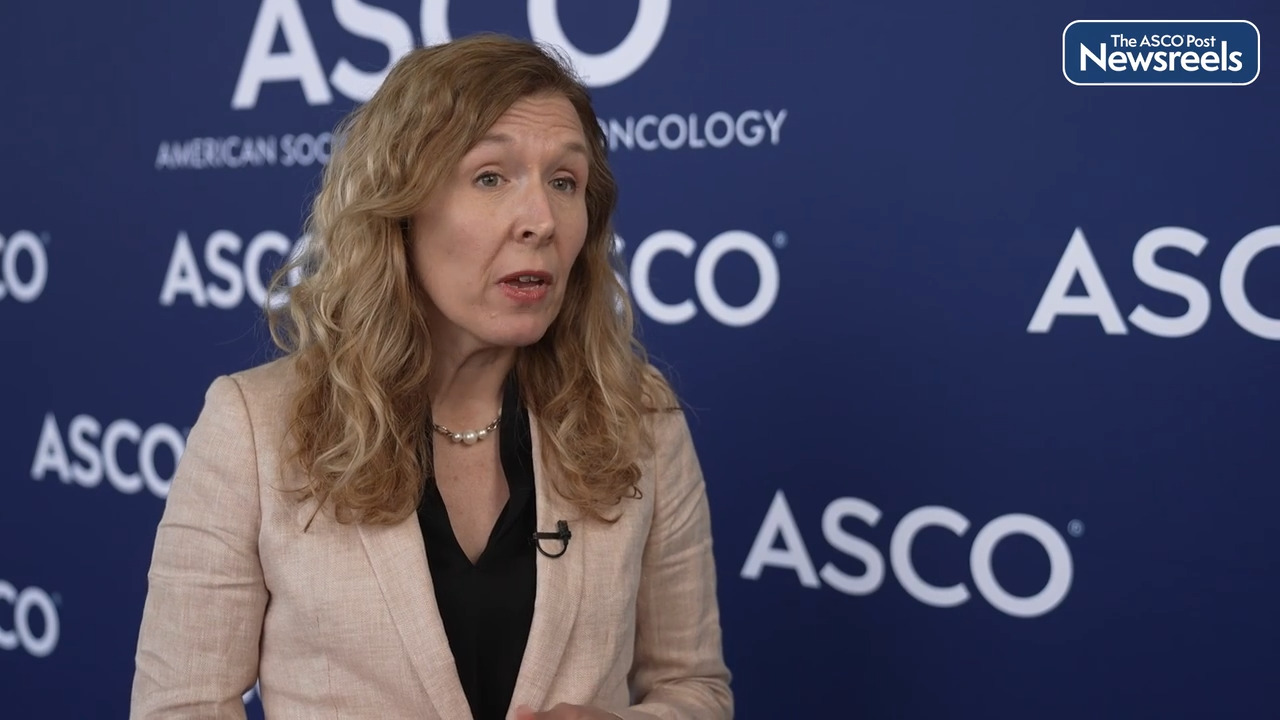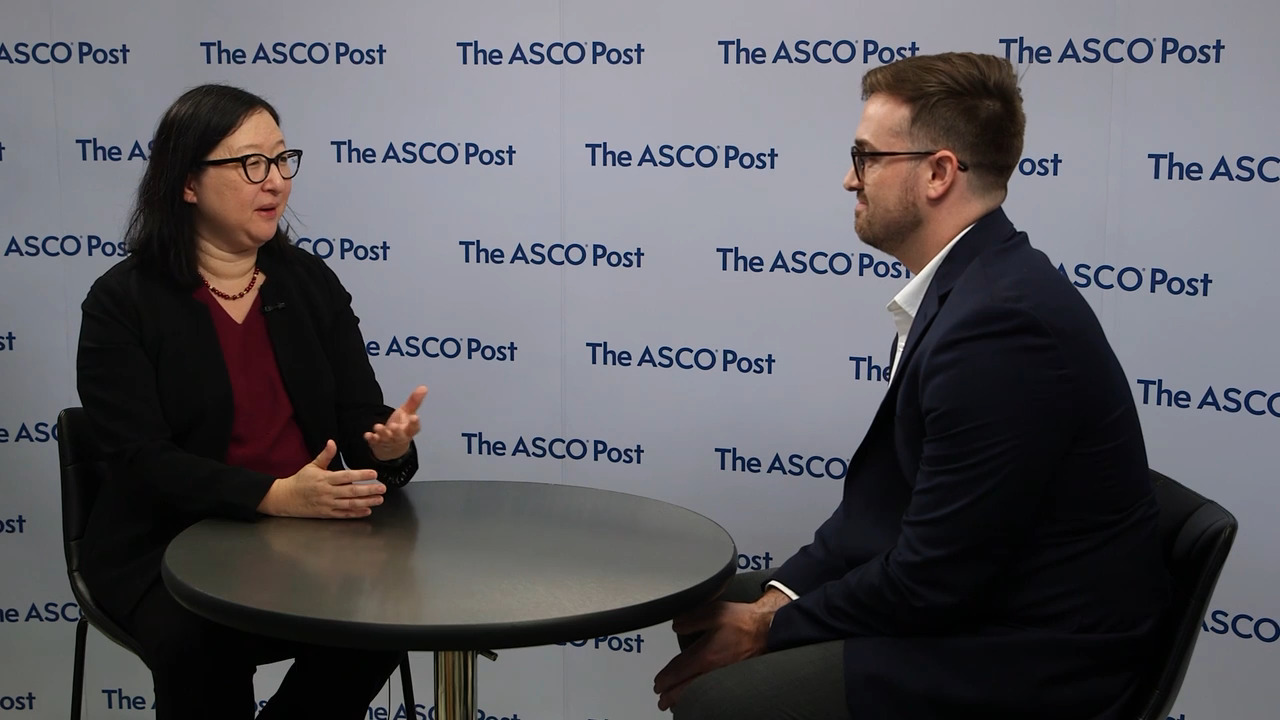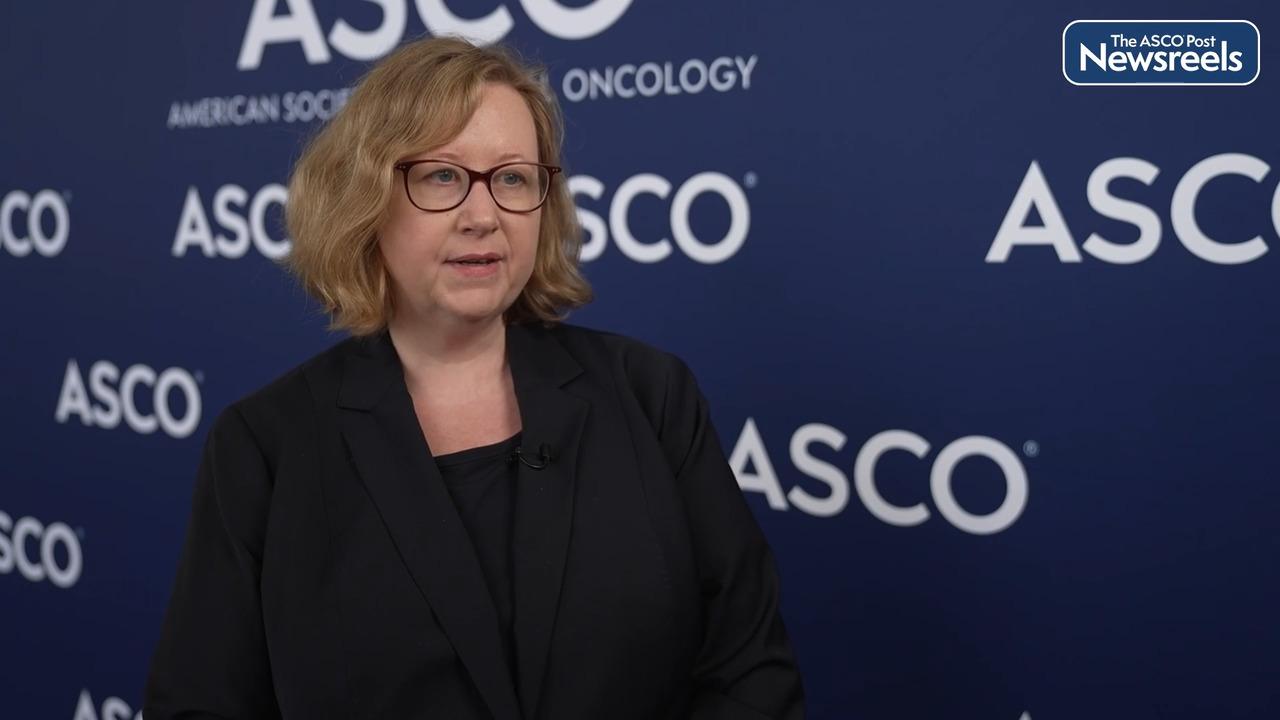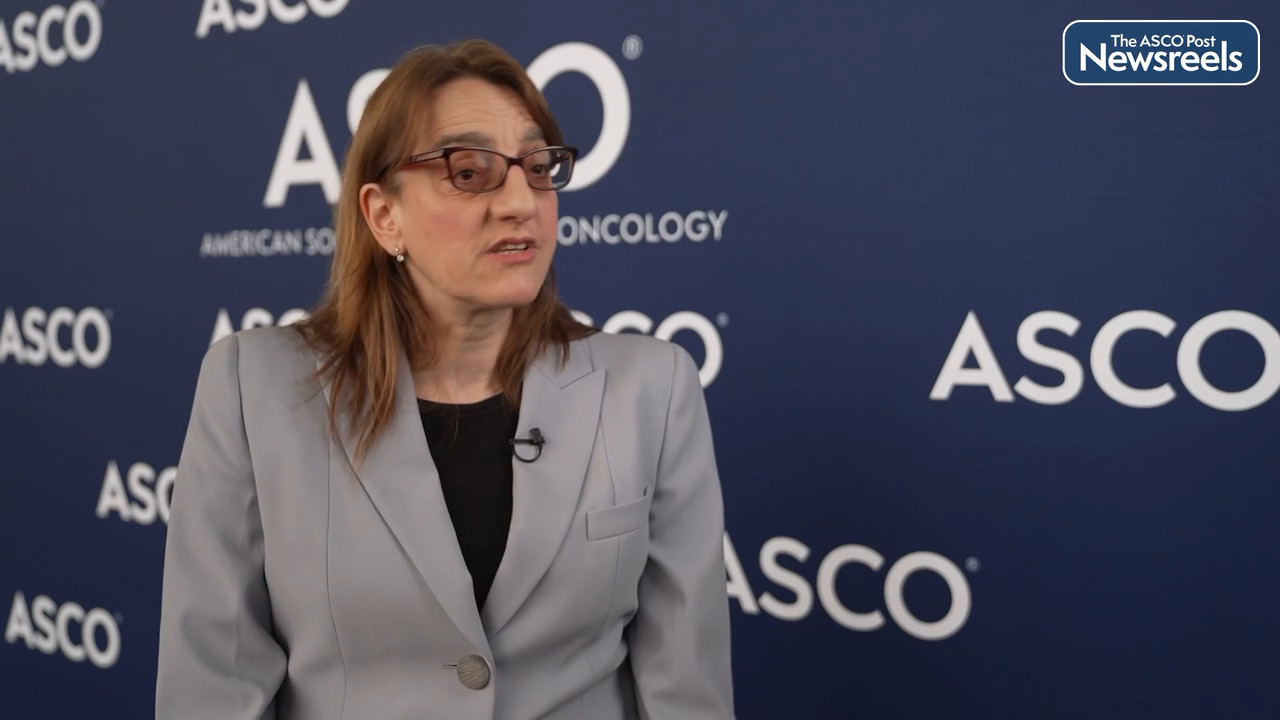Transcript
Disclaimer: This video transcript has not been proofread or edited and may contain errors.
I'd like to share with you my perspective about the treatment of women with recurrent metastatic or persistent cervical cancer. This is a group of patients that we call as the first line treatment. Now, this is a very serious problem. This is the number four cause of cancer death worldwide, and in this country, it causes more than 4,000 deaths. So historically, the treatment has been doublet chemotherapy, platinum, and taxane. And then in 2014, we added bevacizumab to it with a small improvement in overall survival of only three to four months. And here we've sat, since 2014, chemotherapy with or without bevacizumab.
Now, immune therapy is everywhere. It got a very limited conditional approval in the second line in 2018, but we wanted to move it to the first line with chemotherapy, with or without bevacizumab. So on behalf of the 151 sites in 19 countries, I'd like to share with you the results of Keynote 826, which randomized 617 patients one-to-one, chemotherapy with or without bevacizumab, to pembrolizumab or placebo. And that trial led to FDA approval in October 2021, but it was an interim result. It was very preliminary, and now I'd like to share with you the final result.
And the final result is that when pembrolizumab is added to chemotherapy versus placebo, there was a 40% improvement in overall survival. What does that mean? That means they live a year longer. A terminal disease that now, average age of 50, live a year longer. And we might even be curing some patients. It's too early to tell. But this is a two-year treatment, six doses of chemotherapy, and then two years of total immune therapy. And then at three years, a third of the patients are now without progression and a year without treatment. There is a plateau, 30% of the patients or so.
So this is a major step forward. This confirms two things. Number one, that the preliminary result is real with a year improvement overall survival. And second, that pembrolizumab is best used in the front line rather than in the second line. And these are patients who have PD-L1 high expressing tumors according to the 22C3 antibody CPS greater than equal to one, which is 89% of the patients. So this is an opportunity for almost all patients with first line cervical cancer to add pembrolizumab to chemotherapy with or without bevacizumab at the discretion of their provider.





